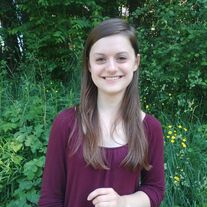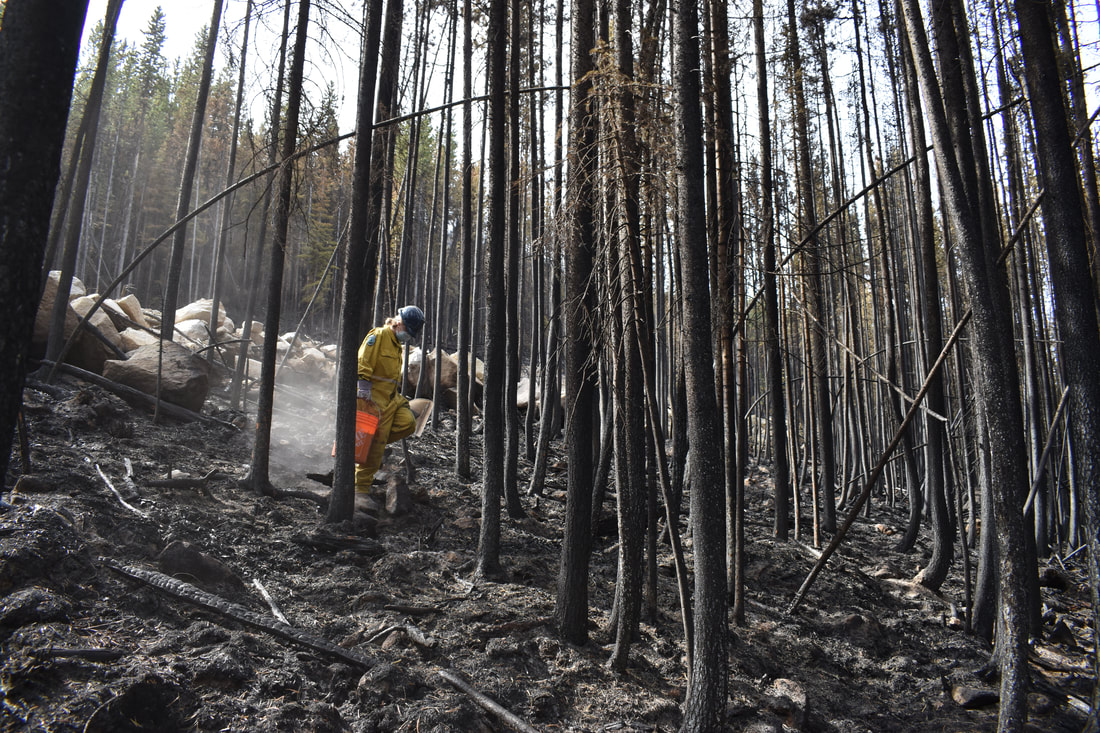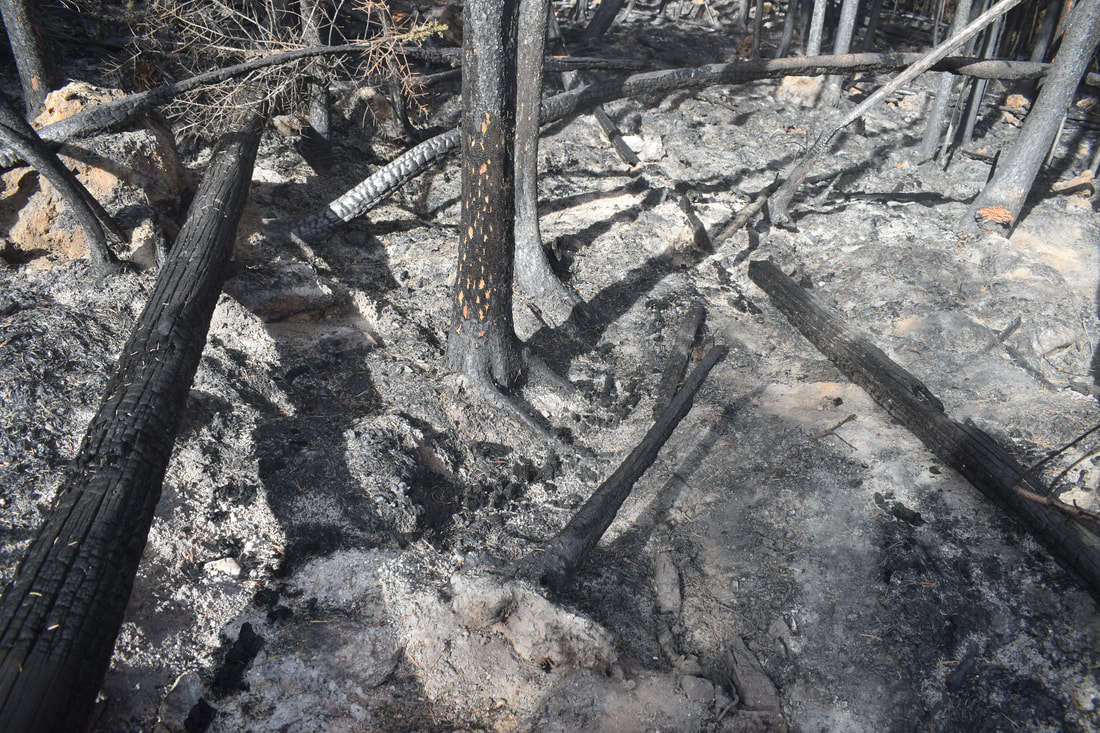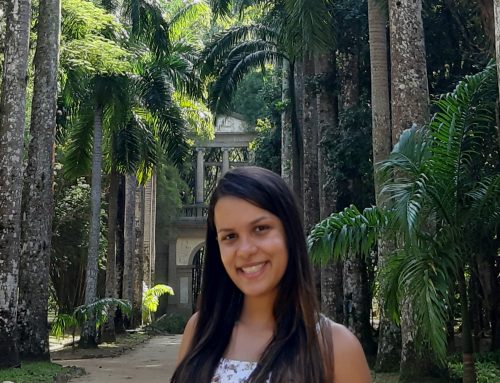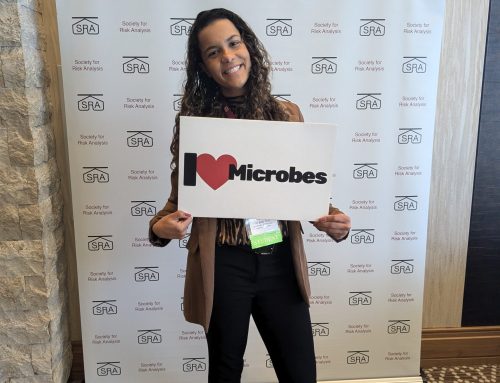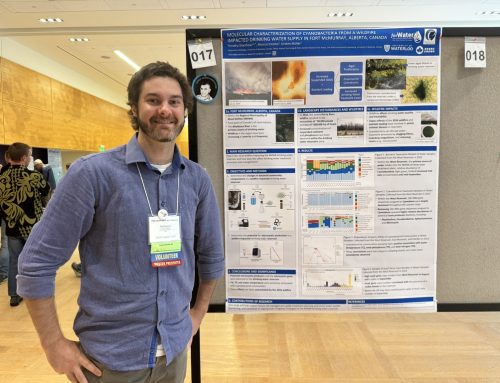By Lauren McGregor
Lauren McGregor, researcher who is part of the WaterSTP group, shares how her Master’s research focused on biofiltration of wildfire-impacted water was improved by the collaborations that resulted from her participation in the forWater Network, an affiliated Network of the WaterSTP research group.
The forWater Network brings together international researchers, industry professionals, and non-profit organizations to tackle complex challenges faced by the water industry as a result of climate change impacts. Its scope spans from source waters to taps, and bridges the gap between forest management and water quality and treatability. This is no small feat as these disciplines have traditionally not always been aligned. The unique nature of the Network has allowed me to conduct research at the intersection of environmental engineering and biology. Stepping into this transdisciplinary space has been a rare and exciting opportunity that has enhanced my research tremendously. For example, I have been able to leverage the power of modern genetic sequencing tools with an understanding of their practical limitations, ensuring that my work is deductive and meaningful.
“The unique nature of the Network has allowed me to conduct research at the intersection of environmental engineering and biology. Stepping into this transdisciplinary space has been a rare and exciting opportunity that has enhanced my research tremendously”, shares McGregor.
As I navigate the path to a career as a water industry professional, I have gained a deeper understanding of the benefits of transdisciplinary collaboration and its importance to securing a future with safe, reliable drinking water for all.

